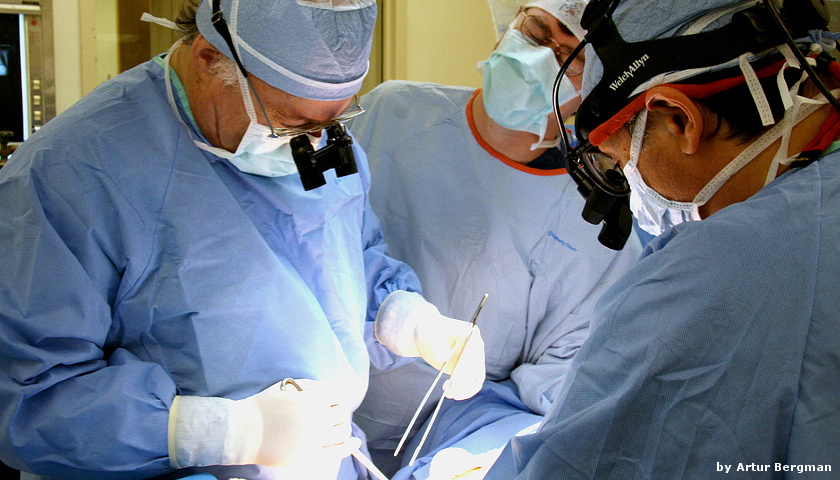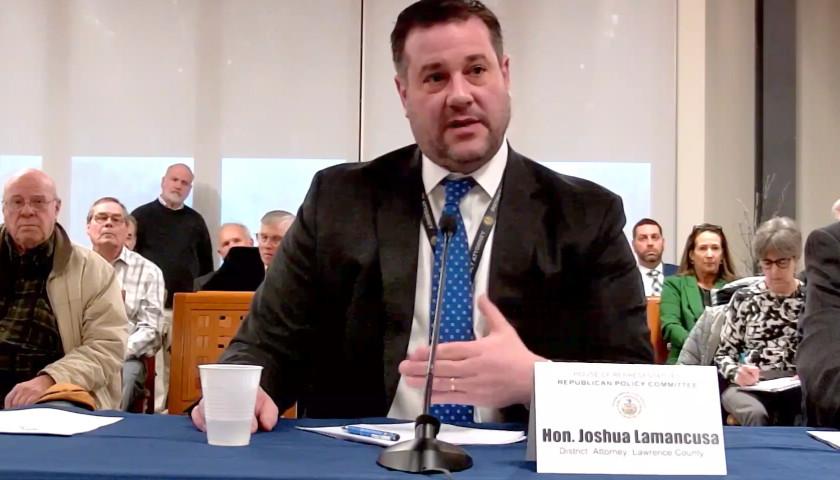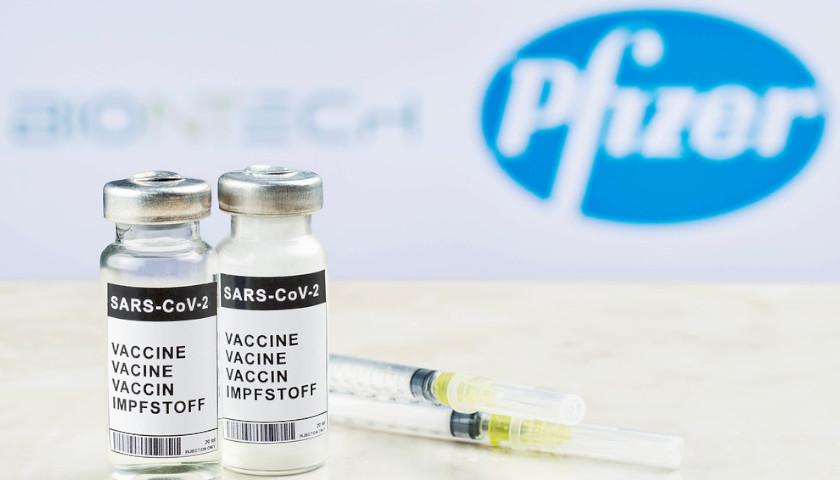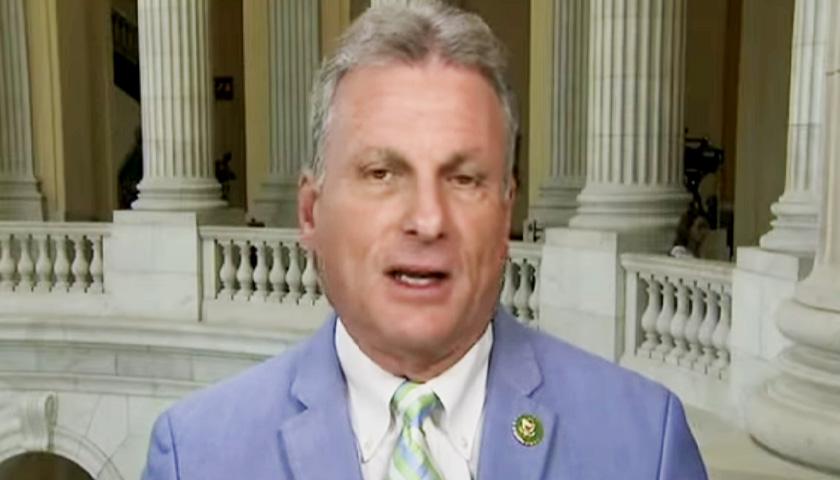Nashville Public Radio reports Tennessee’s medical community is in the midst of a major turnaround in the way they treat patients’ pain in response to the opioid addiction crisis gripping the nation:
The big hospital chains based in Nashville are accepting some of the blame for the country’s opioid crisis, which grows more deadly by the year. They admit they were going overboard with opioids to make people as pain-free as possible. So in an effort to be part of the cure, they’re issuing an uncomfortable warning to patients — you’re going to feel some pain.
Even for those who’ve never struggled with drug abuse, studies are finding that patients are at risk of addiction anytime they go under the knife.
In short, one of the most common gateways to addiction is medical treatment, itself. NPR reporter Blake Farmer shares the all-too-common story of Las Vegas mom and paramedic Michelle Leavy, a healthy mother who underwent a c-section and was prescribed opioids to manage the post-surgical pain:
[Leavy] welcomed the high-dose intravenous narcotics while she was in the hospital. And as she went home, she gladly followed doctors’ orders and kept ahead of the pain with her Percocet pills.
But then she needed stronger doses. And pretty soon, she realized she was no longer treating pain.
“Before I went to work, I took them, and to get the kids after school, I had to take them,” she says. “Then I was taking them just to go to bed. I didn’t really realize I had a problem until the problem was something more than I could have taken care of myself.”
She was becoming like the addicts she transported by ambulance, lying to emergency room doctors to con a few extra doses.
Pretty soon she lost her job and her fiancé before going to rehab through Nashville-based American Addiction Centers and stitching her life back together.
From the medical professionals’ perspective, the NPR report says that delivering a pain-free experience is a point of pride for many.
Anesthesiologist David Alfery in Nashville says he was rarely stingy with opioids.
“If I could awaken them without any pain whatsoever, I was the slickest guy on the block and it was a matter of enormous pride,” he says.
Alfery’s part of a working group at the Nashville-based consulting firm Health Trust, where hospitals have set aside some of their competitive interests to swap ideas.
“It starts with patient expectations, and I think over the years, patients have come to expect more and more in terms of, ‘I don’t want any pain after surgery,’ and it’s an unrealistic expectation,” Alfery says.
That expectation exists in part because pain treatment was institutionalized. Hospitals have been graded on how well they keep someone’s pain at bay. And doctors can feel some pressure.
Before Dr. Mike Schlosser was the chief medical officer for a national group of hospitals, he spent 10 years as a surgeon. He told NPR that he “genuinely just wanted to soothe the hurt he caused. But now looking back on it, I was putting them at significant risk for developing an addiction to those medications.”
After reviewing company-wide data for the largest for-profit hospital chain in the country, Sclosser told NPR he found that for orthopedic and back surgeries, the greatest risk isn’t infection or some other complication – it’s addiction.
The shocking revelation is leading to a new practice Schlosser never did as a surgeon: warning patients it is almost a certainty that they will feel pain.
He told NPR he explains to patients, “We will treat the pain, but you should expect that you’re going to have some pain. And you should also understand that taking a narcotic so that you have no pain really puts you at risk of becoming addicted to that narcotic.”
Instead, doctors and medical staff will try nerve blocks and search for the most effective blend of non-narcotics for each patient.
John Young, national medical director of cardiovascular services for Brentwood-based LifePoint Hospitals told NPR that tightening up on opioids is a delicate matter but it’s the right thing to do:
“We really do have a lot of responsibility and culpability and this burden, and so we have to make sure we do whatever we can to stem this tide and turn the ship in the other direction,” he said.









Suing the Pharmaceuticals is basically going after manufacturers for criminal acts committed by 3rd parties. Doesn’t seem fair. We don’t go after the liquor industry for DUI deaths.